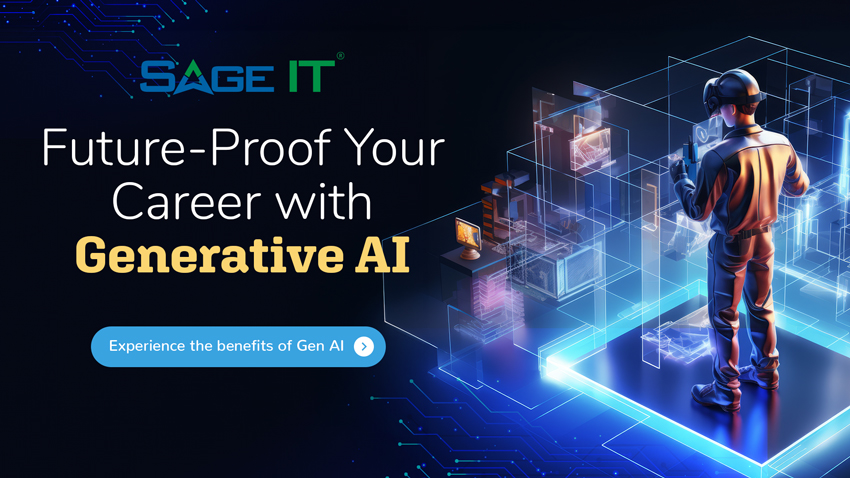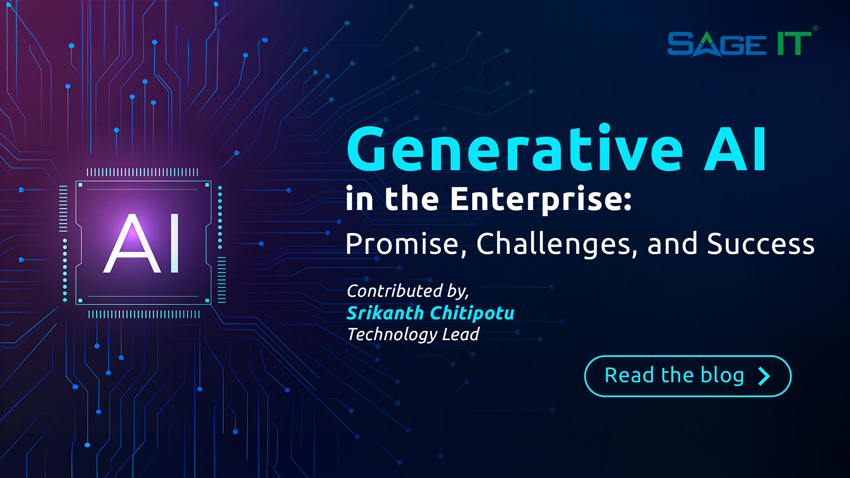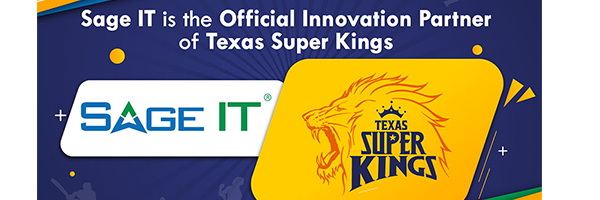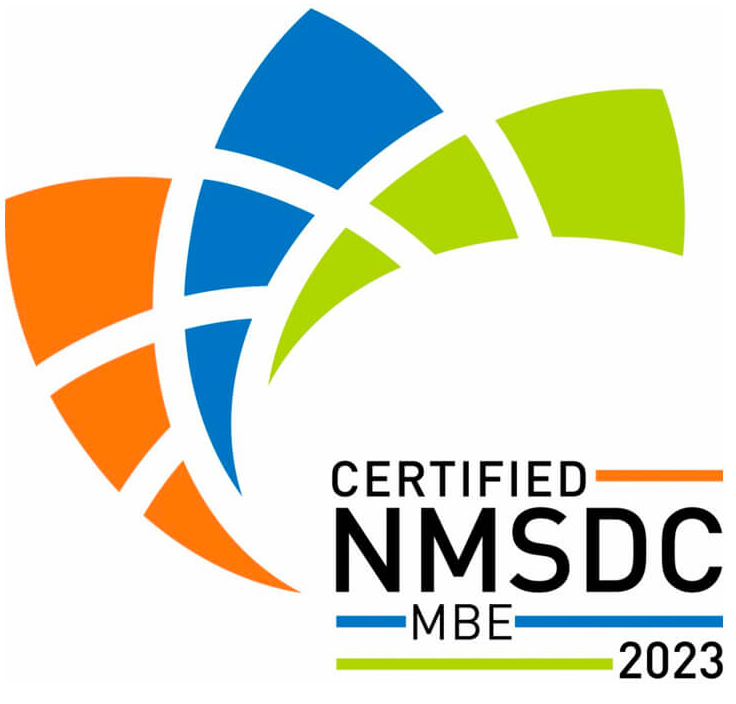
Future-Proof Your Career with Generative AI
Worried about AI’s impact on your career? The reality is that generative AI offers an unmatched opportunity for growth and advancement. Picture offloading tedious tasks, amplifying your creativity, and achieving productivity levels you never imagined possible. This isn’t just about job security; it’s about thriving in a new era where your skills are more valuable than ever. This guide will equip you with the knowledge and strategies to harness AI for career advancement, skill expansion, and a more fulfilling work life.
Understanding the Generative AI Landscape
Generative AI is a subset of artificial intelligence focused on creating new content—text, images, music, code, and more—based on patterns it learns from existing data. It’s like having a creative assistant capable of generating ideas, drafting documents, and designing visuals at your command.
However, the rise of this powerful technology brings challenges, particularly the “trust gap” in the workplace. While 95% of workers see value in generative AI, many are wary of organizations’ ability to implement it responsibly and ensure equitable outcomes. Leaders often underestimate their employees’ understanding of and eagerness to embrace AI, compounding the issue.
Bridging this gap is crucial for successful AI integration. A responsible, people-centric approach is key—prioritizing transparency, fairness, and inclusivity at every step. Upskilling the workforce and fostering a culture of continuous learning ensures everyone feels empowered and equipped to thrive in this new era of work.
Despite challenges and concerns, the transformative power of generative AI is undeniable. It’s revolutionizing industries and reshaping our work approach.
How Generative AI is Reinventing Work
Generative AI isn’t just automating tasks; it’s democratizing innovation and transforming work. By placing powerful tools directly in individuals’ hands, it’s empowering them to reshape workflows, drive efficiency, and unlock new levels of creativity.
- Sales: Professionals use generative AI to draft proposals, personalize customer outreach, and analyze datasets to identify trends and opportunities. This saves time and allows sales teams to focus on building relationships and closing deals.
- Marketing: Teams leverage generative AI to create engaging content, generate visuals, and craft targeted campaigns. This boosts productivity and fuels creativity, enabling marketers to experiment with new ideas and approaches.
- Software Development: Generative AI writes code, identifies bugs, and accelerates development.
- Customer Service: AI-powered chatbots handle inquiries, resolve issues, and anticipate customer needs.
- Healthcare: AI analyzes medical images, predicts patient outcomes, and assists in drug discovery.
These examples illustrate how generative AI is revolutionizing diverse fields. By automating mundane tasks, it frees up time for strategic thinking and creative problem-solving. By providing access to powerful tools and insights, it empowers individuals to take ownership of their work and drive innovation. By fostering collaboration and knowledge sharing, it creates a more inclusive and fulfilling work environment.
Generative AI can also improve overall well-being. By reducing stress and burnout, it allows us to focus on meaningful contributions and achieving our full potential. As generative AI continues to reshape the workplace, individuals and organizations must adapt to fully harness its potential. Embracing the technology and actively investing in the skills needed to thrive in this new landscape is essential.
Upskilling for the Generative AI Era
In the rapidly evolving landscape of generative AI, adapting and learning continuously is no longer a luxury but a necessity. Skills that were once cutting-edge are quickly becoming commonplace, and new skills are emerging to meet the demands of this transformative technology. To thrive in the generative AI era, professionals need to embrace a growth mindset and commit to ongoing learning. This involves staying abreast of the latest advancements, experimenting with new tools, and seeking opportunities to expand your skillset. Here are essential skills for navigating this new landscape:
- Prompt Engineering: Crafting effective prompts that elicit desired responses from generative AI models is crucial. It’s like learning a new language, allowing you to communicate your intentions and guide the AI in creating the content you envision.
- Data Literacy: Understanding how to work with data, interpret results, and identify patterns is essential for leveraging generative AI effectively. This includes skills like data cleaning, analysis, and visualization.
- Digital Fluency: A strong foundation in digital technologies and tools is a must-have. This encompasses everything from basic computer skills to understanding the fundamentals of AI and machine learning.
- Critical Thinking and Problem-Solving: Generative AI can generate ideas and solutions, but humans must evaluate their effectiveness and make informed decisions. Strong critical thinking and problem-solving skills ensure AI is used ethically and responsibly.
- Creativity and Innovation: While AI can generate content, human creativity drives innovation. The ability to think outside the box, generate novel ideas, and find new ways to apply generative AI will be highly valued.
Investing in these skills positions you for success in the current job market and prepares you for the future of work. The generative AI era is just beginning, and those who embrace lifelong learning will reap its full rewards. Armed with the right skills and knowledge, you’re ready to unlock the true potential of generative AI in your career.
Strategies for Integrating Generative AI into Your Career
The power of generative AI lies not just in its capabilities but in how you leverage them to enhance your work and drive your career forward. Here are practical strategies for integrating this transformative technology into your professional life:
- Embrace Automation: Identify repetitive, time-consuming tasks in your workflow that can be automated with generative AI tools. This could involve drafting emails, summarizing documents, or generating reports. By offloading these tasks, you free up valuable time for strategic thinking and creative problem-solving.
- Spark Creativity: Use generative AI as a brainstorming partner. Ask it to generate ideas, suggest new approaches, or provide fresh perspectives on a challenge. You’ll be surprised at how it can ignite your creativity and lead you to innovative solutions.
- Enhance Communication: Generative AI can help you craft clear, concise, and compelling communications. Use it to refine your writing, create engaging presentations, or even practice your public speaking skills.
- Personalize and Customize: Many generative AI tools offer the ability to tailor output to your specific needs. Experiment with different prompts, parameters, and styles to get the results you want.
- Advocate for Adoption: If your organization hasn’t yet embraced generative AI, become a champion for change. Share your knowledge, demonstrate the potential benefits, and advocate for the responsible implementation of this powerful technology.
- Experiment and Iterate: Don’t be afraid to try new things and experiment with different generative AI tools. The technology is constantly evolving, so stay curious, stay open-minded, and be willing to learn as you go.
- Focus on Human Skills: Remember that generative AI is a tool, not a replacement for human expertise. Focus on developing uniquely human skills like critical thinking, emotional intelligence, and creativity. These skills will become even more valuable as AI becomes more prevalent in the workplace.
By taking a proactive and experimental approach to generative AI, you can unlock its full potential and position yourself at the forefront of this exciting new era of work. The future is yours to create, and generative AI is here to help you make it happen.
The Role of Leaders in the Generative AI Transition
In navigating the transformative power of generative AI, leaders play a pivotal role. They set the tone and shape the culture within their organizations, ultimately determining whether this technology becomes a force for good.
Building trust is paramount. Leaders must be transparent about their AI strategies, engage employees in the decision-making process, and address concerns openly and honestly. By fostering a sense of shared ownership, they can create an environment where everyone feels invested in the successful integration of AI.
Leaders also need to lead by example. This means embracing continuous learning, experimenting with new tools, and being willing to challenge their own assumptions. By demonstrating a growth mindset and a willingness to adapt, they can inspire their teams to do the same.
Embracing generative AI isn’t just about efficiency and productivity; it’s about creating a more meaningful work experience for everyone. Leaders have the opportunity to redesign roles, encourage collaboration, and empower employees to unleash their creativity and problem-solving skills.
By leveraging generative AI to automate mundane tasks, leaders can free up their teams to focus on higher-value activities requiring uniquely human skills, such as critical thinking, emotional intelligence, and strategic decision-making. This not only leads to greater job satisfaction and engagement but also drives innovation and business growth.
The generative AI revolution is a chance for leaders to reimagine the workplace and create a future where technology and human ingenuity work together to achieve extraordinary results. By embracing this opportunity with a people-centric approach, leaders can build a culture of trust, innovation, and growth that benefits everyone.
Conclusion
The generative AI revolution isn’t in the distant future; it’s here. Will you be a passive observer, or will you seize this opportunity to steer your career towards a more fulfilling future? Don’t wait for change to happen to you. Start exploring AI tools, upskill yourself in the areas we’ve discussed, and become an advocate for responsible AI adoption in your workplace. The future of work is being written now, and you have the power to write your own chapter. Take the first step today.










